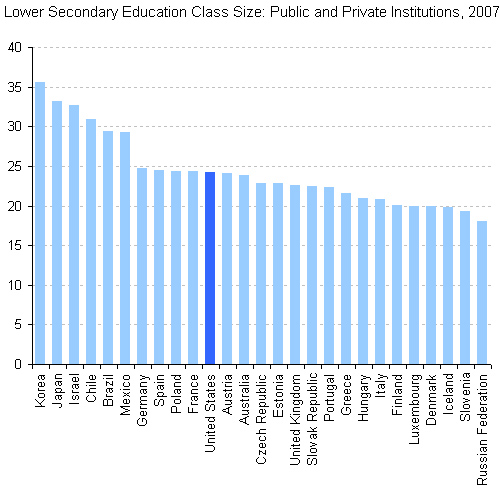NYcarbineer
Diamond Member
I said in "metropolitan" areas. Perhaps I should have been more specific, i.e., inner city public schools.
Facebook's Mark Zuckerberg to give $100m to Newark's crumbling schools | Richard Adams | World news | guardian.co.uk
You think they omitted the metropolitan areas in Japan and Korea?

Do you think Japanese and Korean cultures are close enough in similarity to American culture that you can make meaningful and valid apples to apples comparisons?
Last edited:





